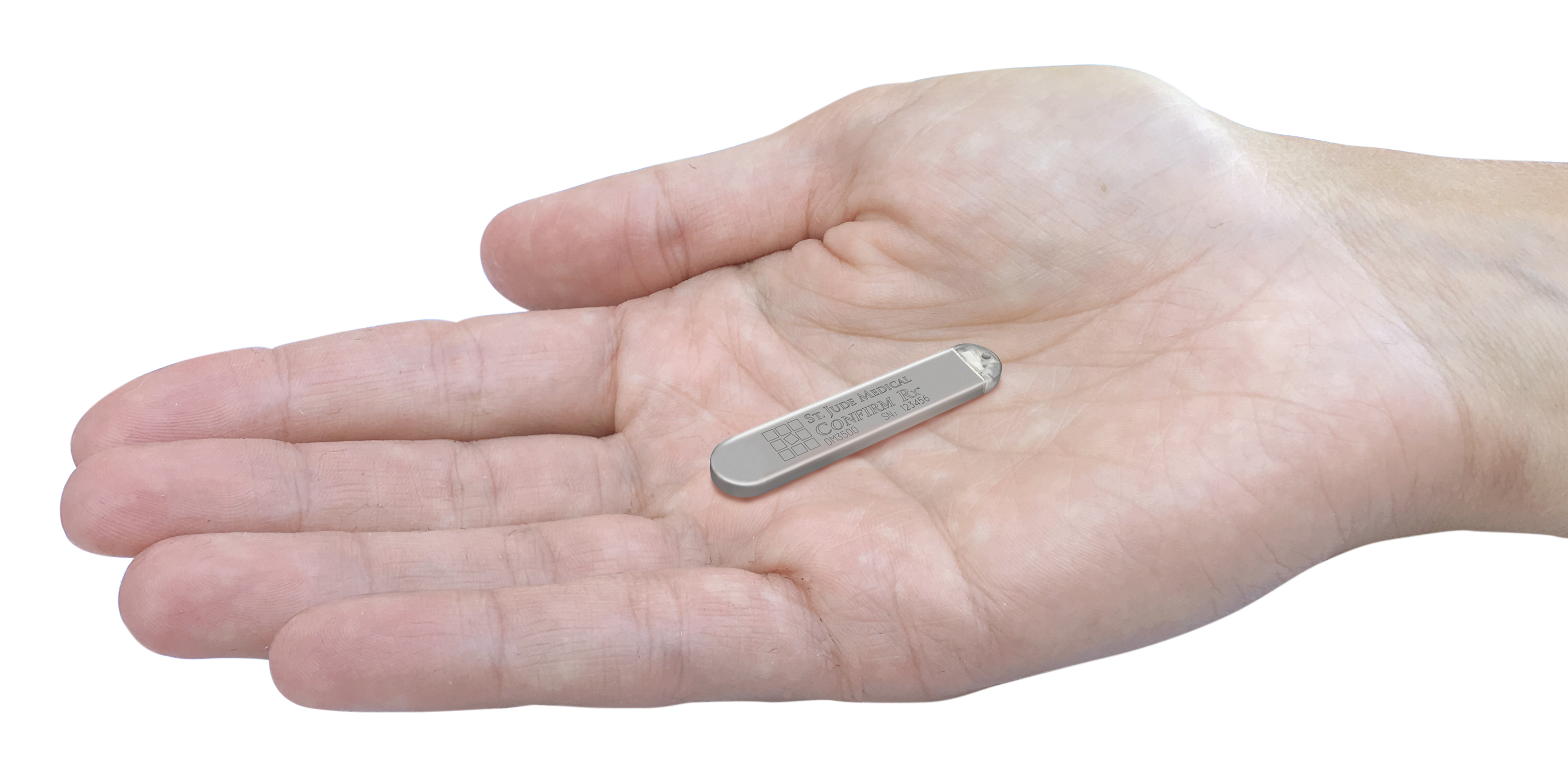When we consider the world’s most costly and challenging epidemic diseases, cardiovascular disease and heart failure come to mind. So does cancer. And chronic pain. These conditions take a tremendous toll on millions of patients each year and the fight against each is well documented. But what many people may not realize is that the global burden of cardiac arrhythmias (irregular heart rhythms) is staggering. In particular, one type of arrhythmia – atrial fibrillation, often simply called Afib – has truly become a global health concern.
Atrial Fibrillation (Afib) is a cardiac arrhythmia characterized by symptoms like palpitations or a sudden racing heart rate, dizziness, shortness of breath and fatigue. According to the Centers for Disease Control and Prevention (CDC), anywhere between 2.1 and 6.1 million Americans have Afib and that number continues to grow. Globally, that number has reached 33.5 million people according to a 2013 study published in Circulation that examined the worldwide impact of the condition.
Unfortunately for both patients and their physicians, Afib can often go unnoticed or undiagnosed as symptoms can be attributed to other conditions. For many patients, monitoring the heart beat for an extended period of time is the only way physicians can successfully diagnose the condition. Fortunately, new technology is allowing patients to play a more active role in the initial assessment and long-term management of this condition.
How Afib is Diagnosed & A New Role for Smartphones
When diagnosing a cardiac arrhythmia like Afib, doctors will often conduct heart monitoring tests to evaluate and assess whether the heart’s rhythm is normal or beating irregularly. But these tests do not always provide a clear picture. Consider an auto mechanic attempting to diagnose a strange sound coming from your engine. If the sound doesn’t happen in the moments they’re listening to your engine, an accurate diagnosis becomes challenging. It’s the same for physicians trying to diagnose Afib or other types of arrhythmias.
A common way to conduct longer-term heart monitoring is with an implantable cardiac monitor (ICM) — a small device that is implanted in the body to monitor the heart’s rhythm on an ongoing basis. Traditional ICM devices required patients to either carry around a bulky portable transmitter or remain connected to a bedside transmitter during the recording of an event in order for the data from the heart monitor to be sent to the doctor’s office. But now, Abbott has changed how these devices can be used.
To improve the patient experience and facilitate diagnoses, the Food & Drug Administration (FDA) just approved the world’s first Bluetooth-enabled smartphone-compatible heart monitor, marking the first time that patients with an ICM can use their own phones to check their heart rhythm on-the-go and more easily stay informed about their health condition.
The new device, Abbott’s Confirm Rx™ Insertable Cardiac Monitor, automatically and continuously monitors for and records abnormal heart rhythms. When connected via Bluetooth, the Confirm Rx device transmits the information directly to a patient’s physician. The device allows patients to record the heart rhythm and notify their physician at the precise time that they feel they are experiencing symptoms. Patients will receive real-time confirmation that their device has communicated with their clinic.
With this information, physicians can make an accurate diagnosis and make treatment determinations for their patients.
Knowledge is Power
For patients who experience one or more of the symptoms associated with Afib, talking to a knowledgeable physician is the first step toward arriving at an accurate diagnosis. And now, with the help of this new monitoring technology, patients can directly contribute to how their physician assesses their symptoms.
Patients have long hoped for more convenient ways to
monitor their hearts, and new, recently approved advances are now bringing that
hope to life. By combining the latest smartphone technology with medical technology,
patients now have more freedom and the peace of mind that comes from knowing a
physician is just an app notification away.


